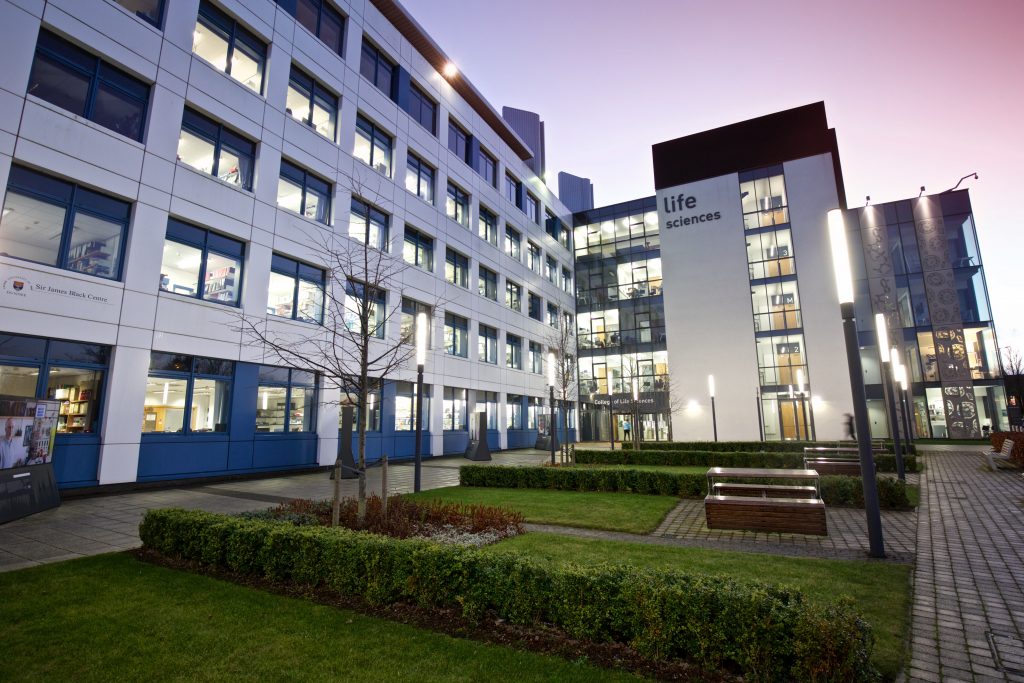THE UNIVESRITY of Dundee has been awarded over £1m to improve scientific infrastructure as part of a £213m funding from the UK Government.
The money is aimed to equip universities and research institutes with the technology and materials needed to drive research to help achieve the net zero carbon emissions.
They have received £808,000 to purchase mass spectrometers and key computational resources required to support the research.
While a further £249,000 was awarded to obtain the necessary equipment to digitise international important archives and media collections.

Dundee will be sharing the total of £2.8m with the University of Glasgow and Edinburgh’s medical research unit for buying microscopes and support Covid-19 research and long term research programmes.
Professor Dario Alessi, Director of the MRC-PPU, said: “We are immensely appreciative for this generous funding, especially during such challenging times. This has allowed us to purchase a state-of-the-art new mass spectrometer and other instruments to undertake biophysical analysis. This apparatus will help our investigators to better probe the biological mechanisms underlying diseases including cancer, and Parkinson’s.”
Professor Ottoline Leyser, Chief Executive of UKRI, said, “Some of the most innovative ideas with transformative R&D potential require access to leading-edge infrastructures, including national research facilities, equipment and instrumentation, networks of technologies and digital infrastructures, and knowledge-based resources such as collections and museums.
“Outstanding infrastructure helps to convene talent from the public and private sectors and across disciplines to tackle society’s most complex challenges. It acts as a magnet for researchers and innovators internationally, contributes to local and national economies, and generates knowledge and capability critical to UK policy, security and wellbeing.”

